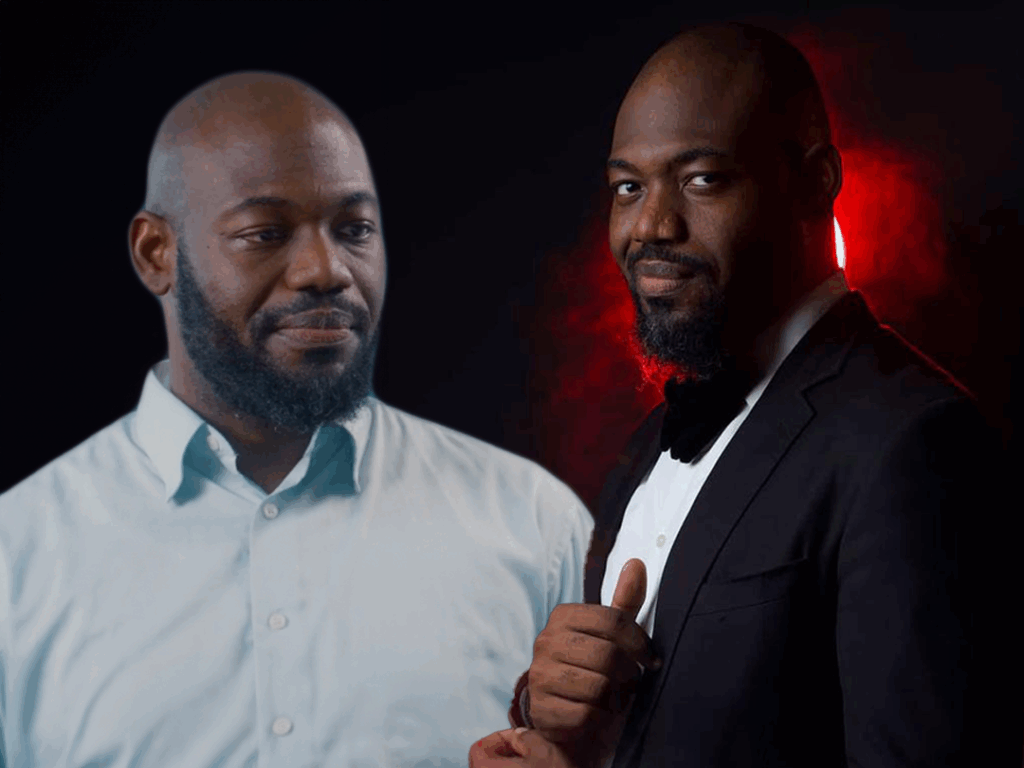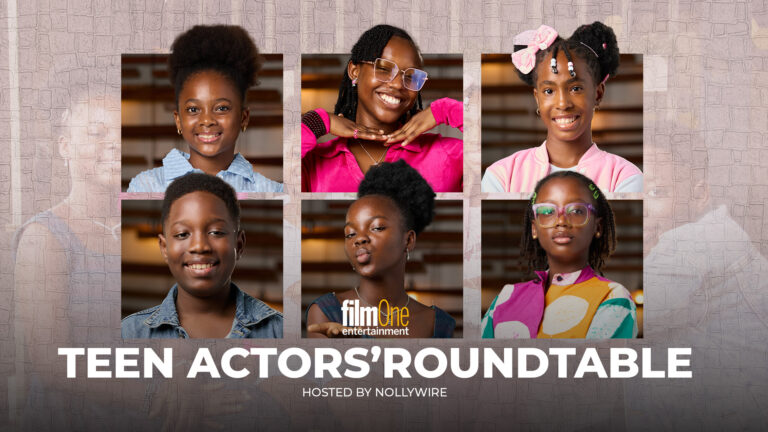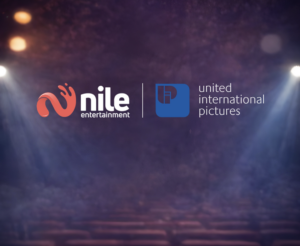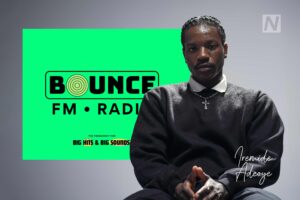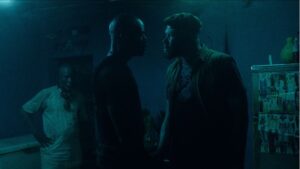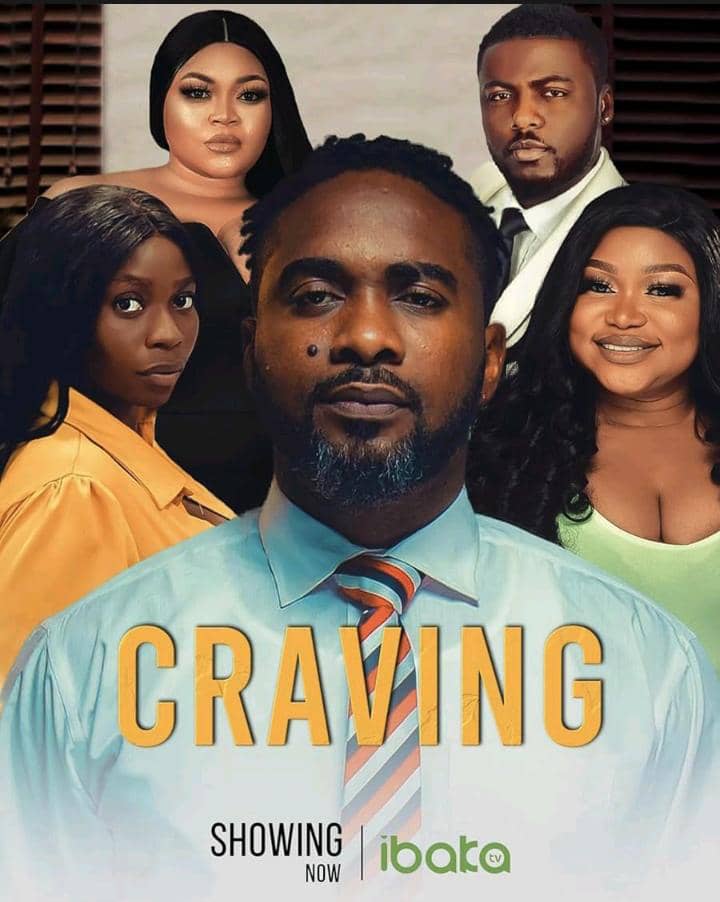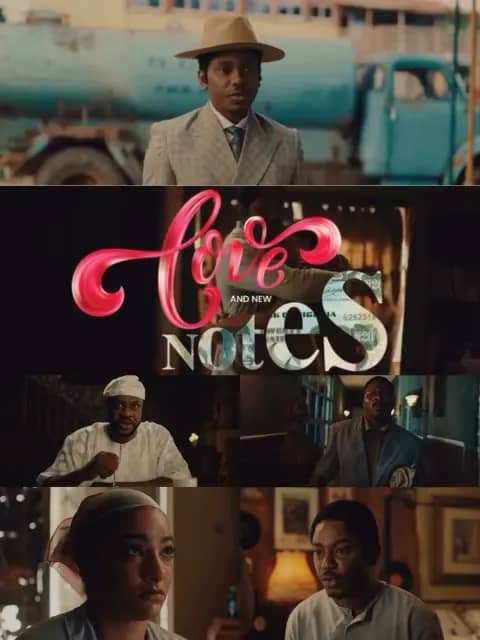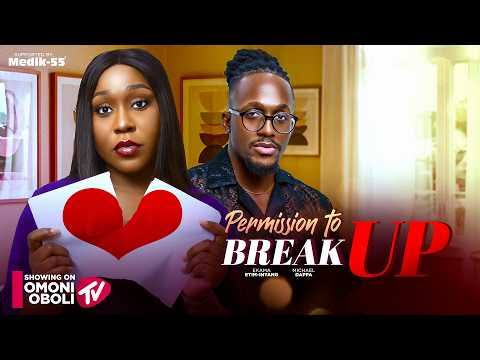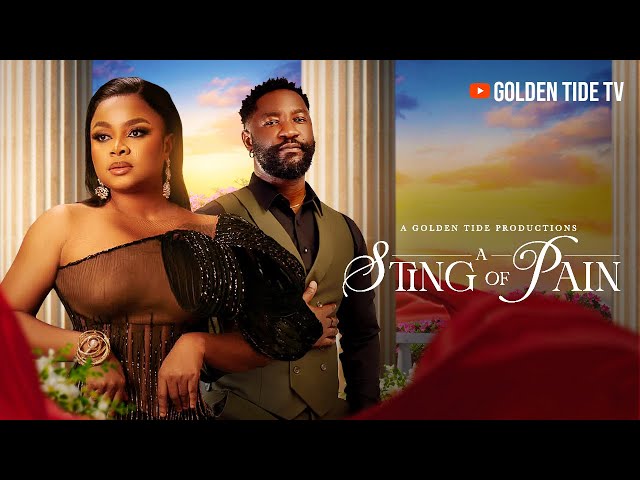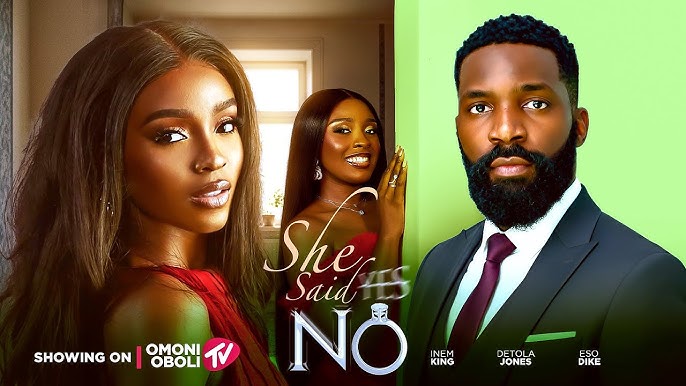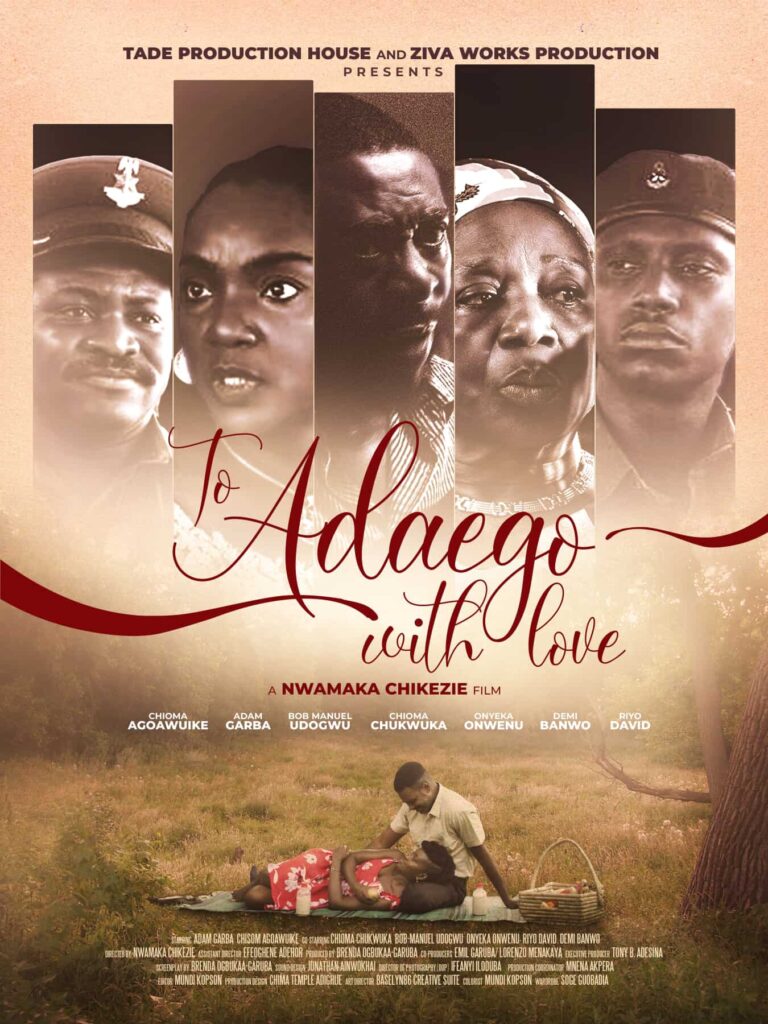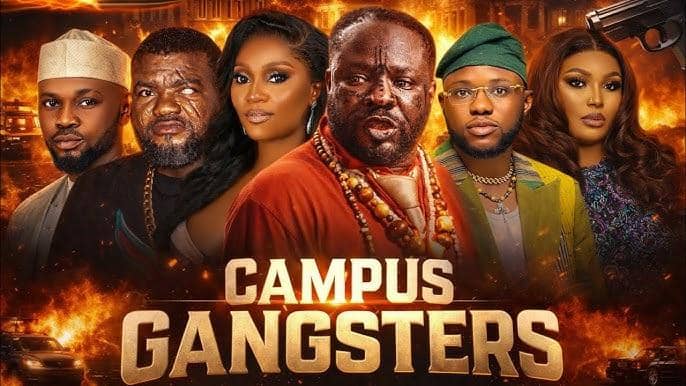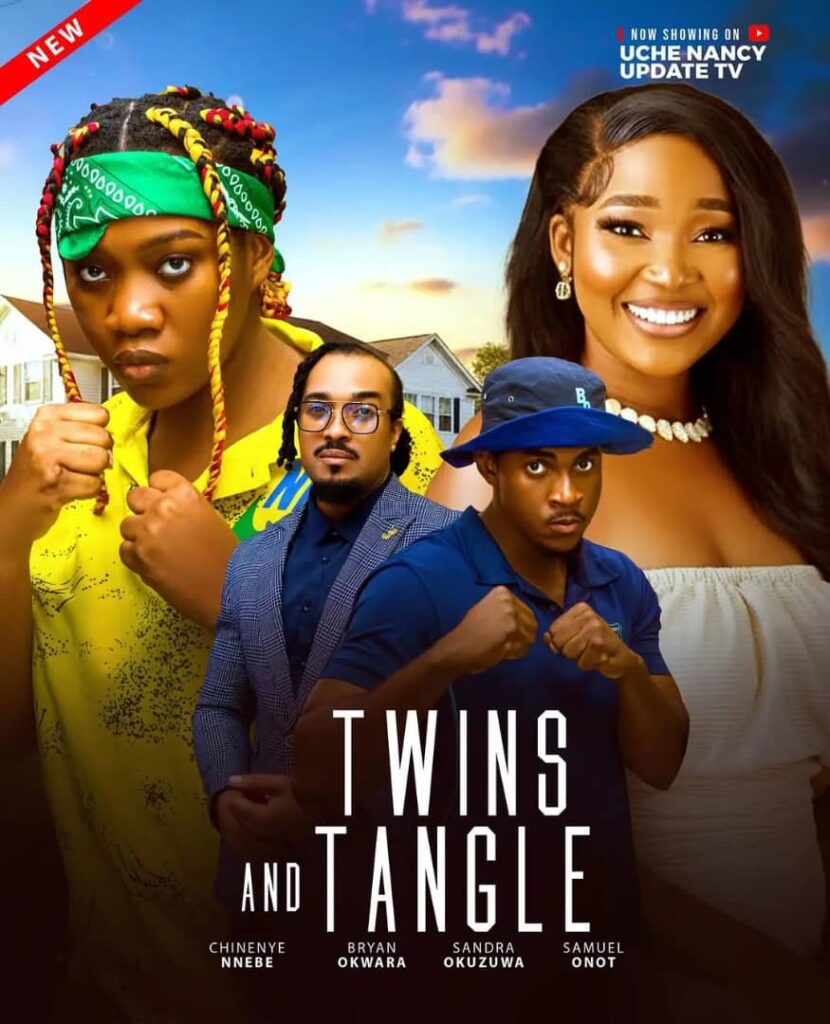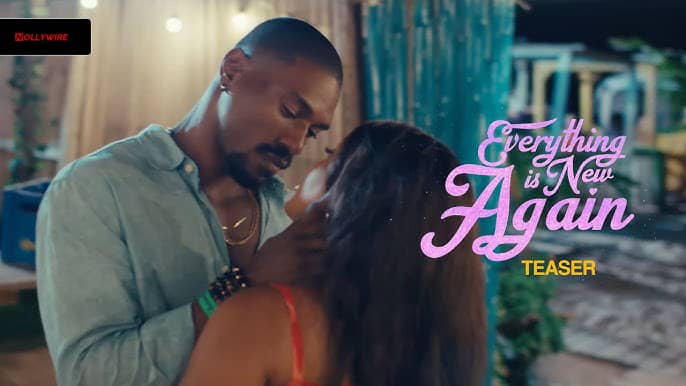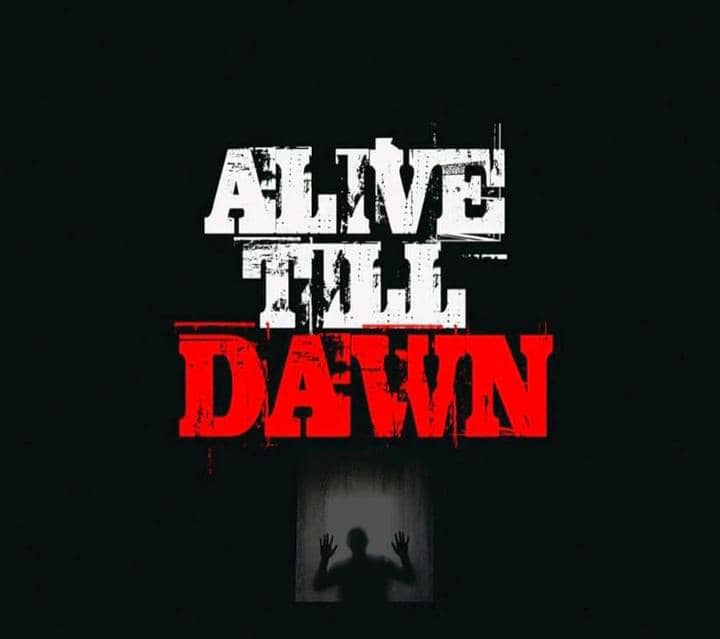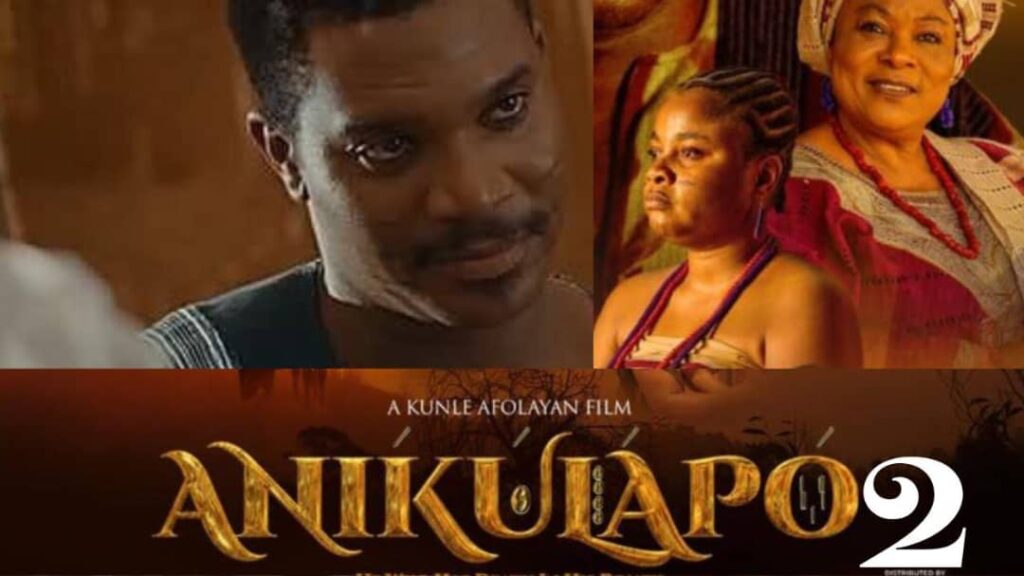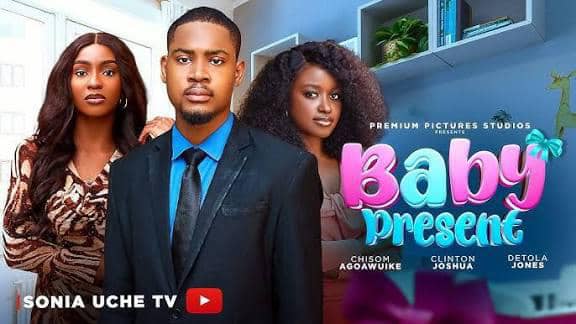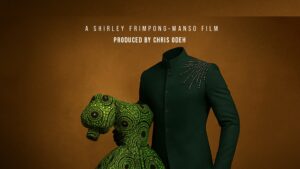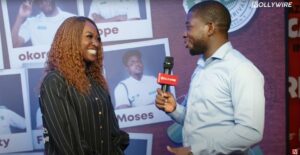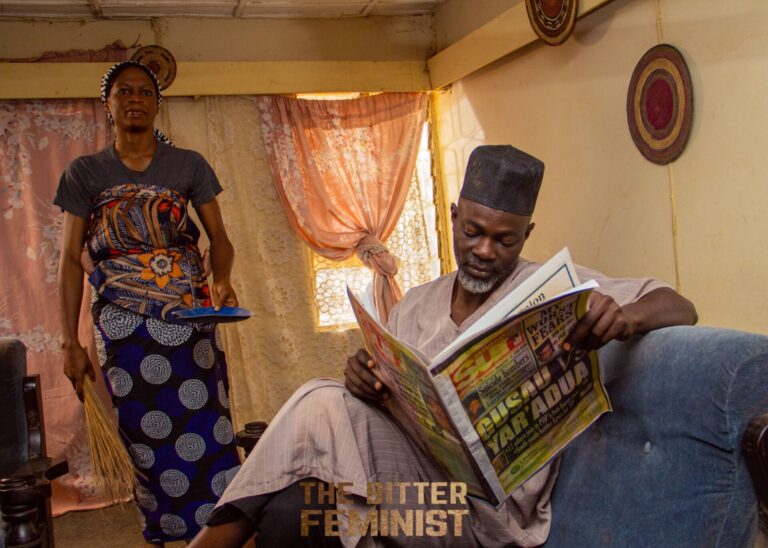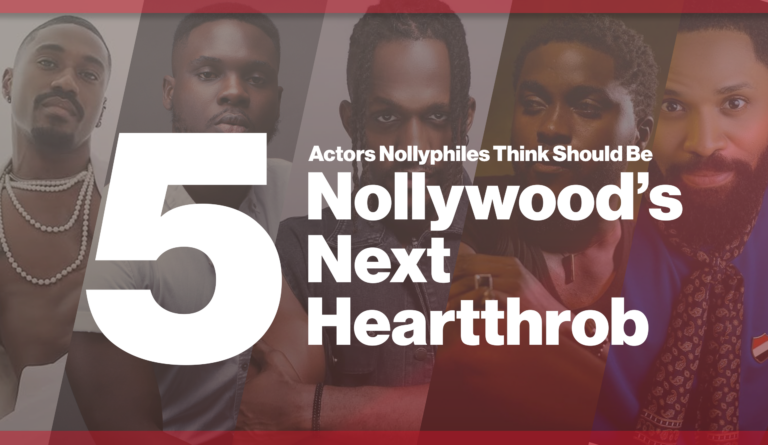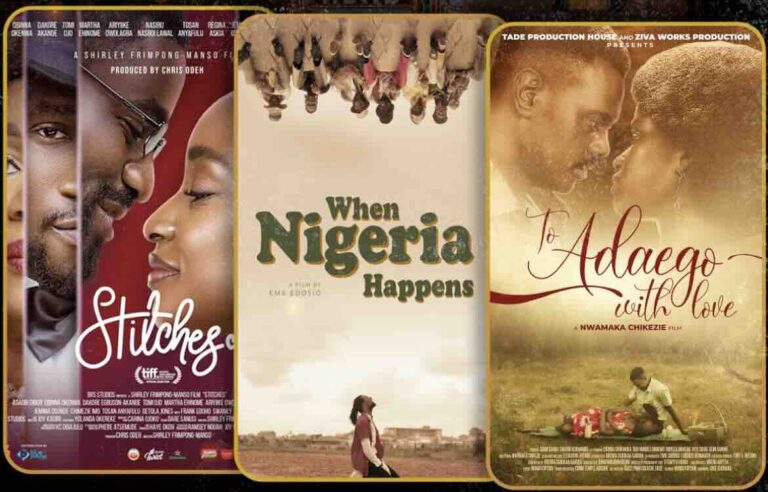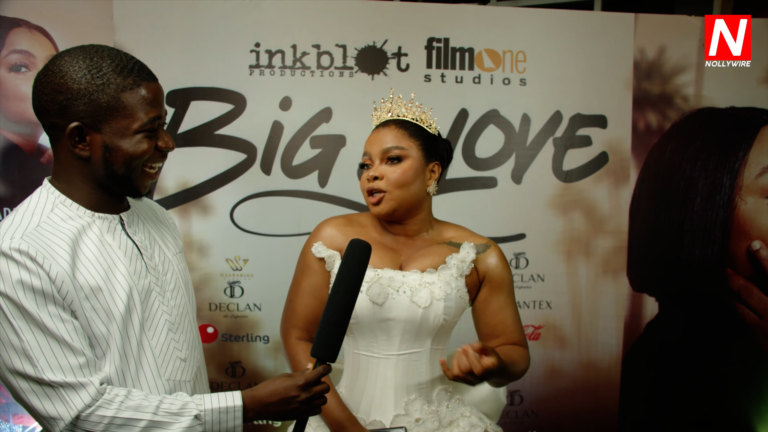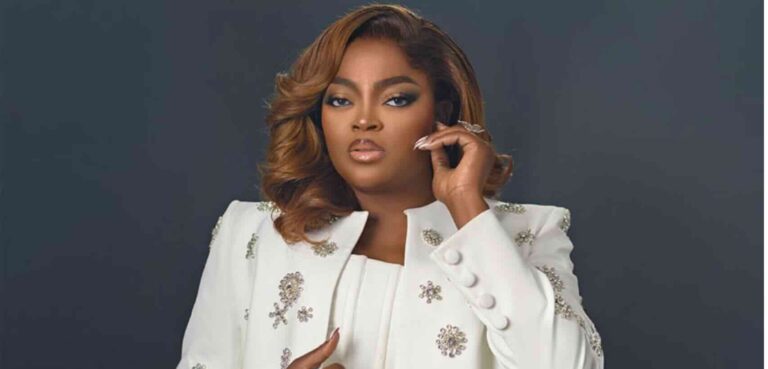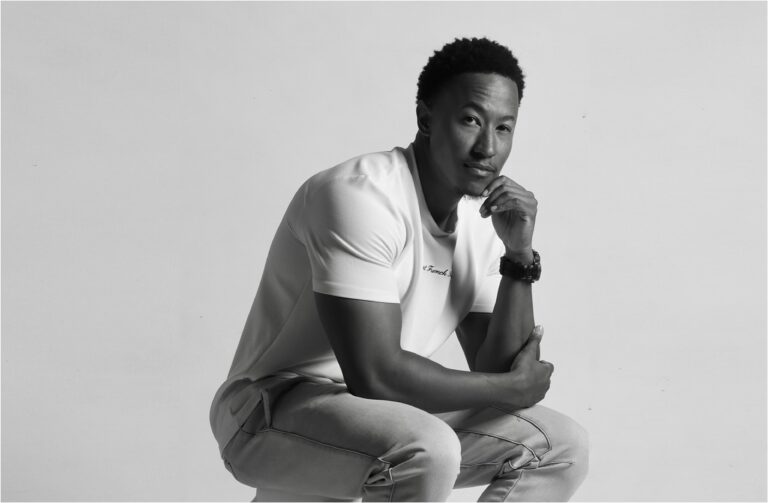“Manic” is the expression Michael O. Ejoor chooses to describe the attention he has gotten since the release of Kemi Adetiba’s ‘To Kill A Monkey’. A crime thriller that has taken the country by storm. It features standout performances from William Benson, Bucci Franklin, Stella Damasus, Bimbo Akintola, Ireti Doyle, Teniola Aladese, and Lilian Afegbai.
Ejoor attended a funeral a week ago where the bereaved, amidst tears triggered by the loss of a loved one, still walked up to him to say, “Thank you for playing Onome.” At the same funeral, someone yelled the word “betrayer” at him as his character’s betrayal broke the hearts of many. Although Ejoor was drawn to the character because they share the same name—the O in his name stands for Onome—this mutuality stops at the name.
Onome the actor is different from Onome the character; betrayal is a word he despises and it might be because he has felt the sting of betrayal severely. “I believe that loyalty goes to the grave even when there’s a dissolution of friendship,” he tells me. Quick to refute Onome the character, Ejoor says he fell in love with the imperfections of his namesake.
Playing Onome felt like a gift handed to him by God. He has always wanted to be on a Kemi Adetiba set and he also got to share the screen with Bimbo Akintola, a veteran he has admired for ages. Michael Ejoor sits down with Nollywire to discuss his role, the 3am auditions, working with Kemi Adetiba and the transformation Onome has brought him.
How did the role of Onome in ‘To Kill A Monkey’ come your way, was it through an audition, recommendation, or prior connection?
There was an open audition in late 2022, and even though I hadn’t done an open call in about three years, I was drawn to this one. I saw the audition notice from Kemi Adetiba Visuals, and I called my friend Collette because she knows Kemi. I asked if there was a closed audition or something more private. At that point in my career, I wasn’t thinking about open calls anymore; they’re usually very hectic. But there was nothing closed happening, so I decided to humble myself and show up. I arrived before 3 a.m. and still ended up being number 9 or 10 in line. It was wild; people I knew from the industry were surprised to see me there, asking if I was one of the judges or part of the crew. I had to laugh and say, “Michael Ejoor is here to audition like everybody else.”
The process was intense. I read more for this project than I ever had before. We weren’t told which characters we were reading for; most of us assumed it was for Efemini. In fact, I read for Efemini throughout the audition process. There were only two sides in the audition material: a family scene with Nosa and another with a boss figure. Everyone just brought their best and hoped Kemi would see something.
And that’s exactly what she did. After the auditions, Kemi messaged me directly on Instagram. She told me, “I have a character for you. He’s a bit different, but I love your auditions and I know you’re going to do well. Just don’t let me down.” That message came with both pressure and excitement. Kemi doesn’t always cast based on what you read for. She likes to test actors, observe, and then decide what fits. And in the end, she chose me for Onome.
What drew you to the character when you first read the script?
What first struck me when I got the script was that the character’s name was Onome—my actual first name. Michael is my second name, the one I lead with professionally. So right from the jump, I felt a personal tie. But beyond the name, I saw myself in his struggle.
Onome is deeply imperfect but relatable. He’s hard-working, he’s ambitious, but he still makes terrible decisions. I know what it feels like to work hard, to raise initiatives like he did, and still feel overlooked or disrespected. That kind of frustration can tempt anyone. And while I’ve never crossed the line like he did, I understood his descent.
Onome’s betrayal of Mo, played by Bimbo Akintola, is a major turning point in the film. How did it feel, as an actor, knowing your character would turn on a friend and how did you approach portraying that shift?
I was just as shocked as everyone else when I finally read the full script. Initially, Onome seemed like a straight-up guy, disciplined and focused. At one point, I even thought they were setting up a romantic tension between him and Mo. They had that camaraderie and closeness. But then I reached that betrayal scene and thought, “Wait, what?!” I knew then that I had my work cut out for me. The audience needed to be just as blindsided as I was.
The betrayal was difficult to play because Bimbo and I are friends outside the film. We go way back. We literally spoke 30 minutes before this interview. There were moments where I had to pull myself aside and say, “You’re not doing this to her. You’re doing it to the character.” I had to keep emotionally separating myself because the scene was so intense. But it helped that we were both committed to the story and trusted each other on screen.
Have you ever been betrayed or betrayed someone and did that personal experience help inform how you played Onome?
Yes, I’ve been betrayed. Recently, in fact. And it was painful in a way that’s hard to describe. So I knew what Mo must have felt in that moment, and I carried that empathy into the scene.
But me? I don’t betray people. It’s just not who I am. Loyalty means everything to me. Even when friendships fall apart, I don’t believe in exposing someone or talking badly about them. We just go our separate ways. I carry your secrets to the grave. That’s one of the biggest differences between me and Onome. We share a name, but not that trait.
Your character is tied up in corruption and self-preservation. Did stepping into the shoes of someone who benefits from and contributes to a corrupt system make you reflect differently on real-life issues within the police or institutions of power?
One hundred and one percent. Playing Onome definitely opened my eyes. We live in a third-world country, and the reality is that many systems are broken. That includes law enforcement. It’s not just Nigeria. It’s true for many countries. Sometimes, the very people who swore to protect you are swayed by money or power.
I don’t think everyone who falls is naturally corrupt. Sometimes, it’s desperation. Maybe they’re not paid well. Maybe they feel stuck. That’s the road Onome walked. But it also made me think about how dangerous it is when people like that, people you trust, flip the script. It made me reflect a lot on the country, on power, and on the choices we make when pushed to the edge.
You had several scenes opposite veteran actress Bimbo Akintola. What was it like sharing the screen with her, and did her experience influence your performance in any way?
Very much so. I’ve admired Bimbo for a long time. She played Dr. Adadevoh in ’93 Days,’ and that was personal for me because Dr. Adadevoh was my childhood doctor. So watching Bimbo embody her so completely was powerful.
When we met for this project, we became fast friends. We bonded quickly, ordered drinks, laughed, and shared stories. She’s generous with her energy and advice. She guided me through scenes, complimented me after takes, and even picked up the phone the next day to say, “Baby, you killed it.” That level of kindness and encouragement from a legend like her? It lifts you.
This was your first time working with Kemi Adetiba. What was her directing style like, and how did she help shape your performance, especially as someone playing a morally complex character with limited screen time?
Kemi is exceptional. One thing I respect deeply is that she treats every role, no matter how big or small, with the same importance. There were no minor roles on her set. She made sure every moment counted.
She didn’t tell you how to act. She told you how to feel. And that made all the difference. She would give you a word—”hurt,” “disdain,” “shock”—and that one word would unlock the emotion behind a line. We had this shorthand: I’d say, “Director, adjective,” and she’d smile and give me what I needed.
She also saw us. I remember during a cafeteria scene with Bimbo, she walked all the way from the monitor just to say, “You’ve really come into it. I’m enjoying your performance.” That level of affirmation stays with you. She understands the weight of holding an actor’s talent in her hands, and she doesn’t take it lightly.
Onome may not have had as much screen time as the leads, but his actions were crucial. How did you view your character’s place in the overall story, and what did you hope the audience would take away from him?
I never saw myself as playing a minor role. I was ship number seven in a Kemi Adetiba production—that’s not small! But more importantly, Onome’s actions shift the entire plot. His betrayal changes everything.
What I want people to see is that he wasn’t a bad person. He made bad choices, yes. He was greedy, yes. But at his core, he was a man who lost his way. I hope people learn to be content. If what you’re doing isn’t working, don’t cut corners. Rethink it. Adjust it. But don’t sell your soul for a shortcut. Always choose morality over money.
Looking ahead, who’s on your dream list of directors, actors, or writers you’d love to work with next, and what kinds of roles are you hoping to explore?
Kemi was definitely top of the list. But I’d love to work with Bolanle Austen-Peters, both on stage and on screen. I’ve worked with Biodun Stephen before and would love to again in a new context. I also admire Izu Ojukwu. There are many amazing talents I hope to collaborate with.
As for roles? I want to play villains. I love roles that are far removed from who I am. I also want to play a deaf character; I know sign language, and I think inclusion matters. Whether it’s on Netflix, YouTube, or a local stage, I bring everything I have. I love acting. I love the audience that supports me. And I’m just getting started.

